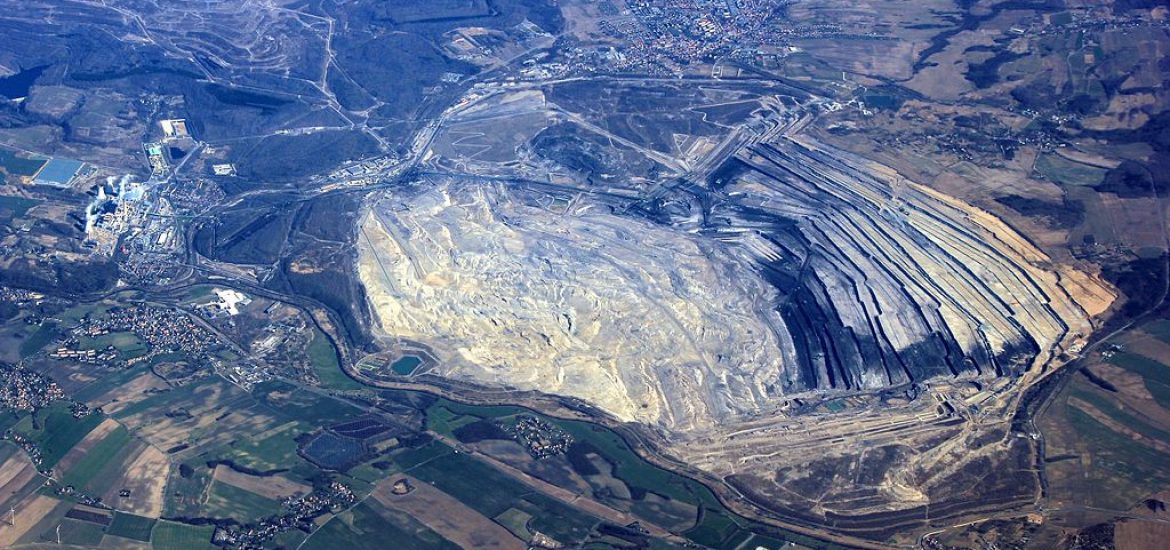
An EU agreement to gradually phase out coal subsidies has been labelled by activists as “completely inconsistent” with Paris climate agreement commitments.
A benchmark carbon-dioxide emissions standard of 550 grams per kWh for all European power stations by 2025 was agreed this week after lengthy negotiations.
But Poland, because its GDP is lower than the EU’s average, managed to gain an exception that allowed various countries another year to find “capacity mechanisms” that would be exempt from the deadline.
The loophole could allow subsidies for unprofitable coal stations to keep running until 2035, five years beyond a projected cut-off under the 2015 Paris accord.
Florent Marcellesi, a Green MEP, accused the European Commission of manoeuvring behind closed doors to clinch a deal on the proposed reform of Brussels’ electricity market rules, part of a “clean energy package” of laws that were introduced more than two years ago.
Marcellesi told the media: “A GDP-based derogation to exonerate Poland from their obligation to stop coal subsidies would condemn poor communities in this country to continue paying a lot of money to support the very plants which are poisoning them.
“That is extremely shocking. The commission should not even consider that option,” he added.
Bill Hare, the director of the Climate Analytics think-tank, said: “Continued support for coal as just agreed by the EU is completely inconsistent with meeting the Paris agreement goals and in particular with limiting warming to 1.5C [from pre-industrial levels].
“It appears to be a de-facto rejection of the Intergovernmental Panel on Climate Change finding that coal needs to exit the power sector rapidly. In the EU this means by 2030.”
Most former Warsaw Pact countries rely heavily on coal for power production. Poland gets 90 per cent of its electricity from coal and the Czech Republic provides half its power from the fossil fuel.
The EU in 2017 imposed stricter limits on emissions of pollutants such as nitrogen oxide, sulphur dioxide, mercury and particulate matter from large combustion plants in Europe.
Greenpeace said this week’s agreement showed that many EU member states were not serious about climate action.
EU’s climate commissioner Miguel Arias Canete marked the signing of the deal with tweet: “A more flexible market will facilitate the integration of more renewables. We also limit capacity mechanisms and #support550 to move #BeyondCoal. #CleanEnergyEU completed.”
Canete in November launched an EU strategy for achieving “climate neutrality” by 2050 in an attempt to reach the 1.5C goal.
Poland’s coal reliance makes it a heavy polluter. Picture credit: Wikimedia





